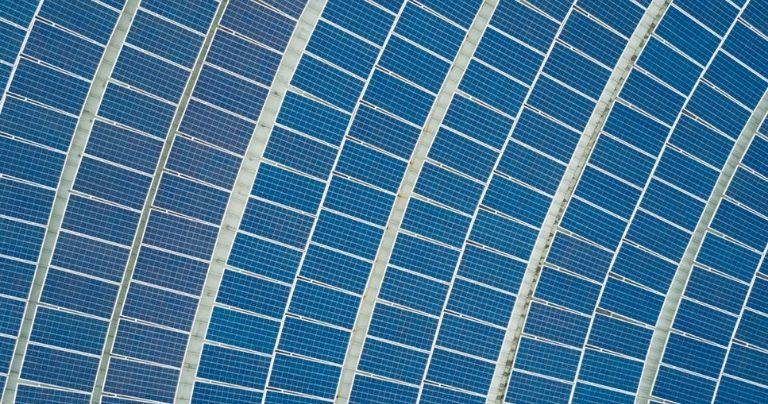Switch to solar for energy independence
By EPR Magazine Editorial December 7, 2021 12:51 pm IST
By EPR Magazine Editorial December 7, 2021 12:51 pm IST

One of the vital reasons for companies to retain a solar panel is to reduce or eliminate their dependency on the local power grid.
Today, one of the maximum overhead expenses incurred by businesses is the cost of electricity. The amount differs based on two different criteria; first being the use of both necessary and cosmetic lighting that is used beyond office hours. Secondly, by being dependent on the commercial power grid that is subjected to electric rate fluctuations. The reliance on the external source of power can result in an abrupt hike in the price. This sort of unaccounted expense can affect the budget of companies and start-ups, adding up to an undesirable strain on the cash flow.
While on the other hand, the Indian renewable power sector is the fourth most appealing renewable energy market in the world. In 2019, India was ranked fifth in solar power, and fourth in renewable power installed capacity. In accordance with the ‘India Brand Equity Foundation’ report, as of May 2021, India had 95.7 GW of renewable energy capacity, and represents 25 percent of the overall installed power capacity, offering an excellent opportunity for the expansion of green data centres. The nation is aiming about 450 GW of installed renewable energy capacity by 2030 and 280 GW i.e., over 60 percent is expected from solar.
Hence, it is essential that businesses must adopt solar power to prevent generation of spiked power bills. This will also contribute to the increasing potential of renewable sector and various employment opportunities in India. Switching to solar power has numerous benefits to offer apart from procuring savings.
Let’s take a look at some of the most compelling reasons to make the switch to solar power:
Energy Independence
One of the vital reasons for companies to retain a solar panel is to reduce or eliminate their dependency on the local power grid. Undertaking this will eliminate the altered monthly bills. The installation cost of the solar system may seem high nonetheless; the long-term advantages such as a reliable and stable electric supply make up for the installation cost quickly. Furthermore, it also prevents commercial power failure, which may hamper day to day operations. This is crucial especially for those in power-dependent industries like cold storage. Being self-reliant will not only prove to be favorable for the business owners but also be economically viable in the long run.Cut overhead costs
As previously mentioned, paying an additional charge on electric bills is an overhead expenditure that all firms would prefer to lessen. Setting electrically efficient devices to cut cost is a simple way to avoid a rise in power expense is by installing a solar panel. As the primary source of energy is the sun, it guarantees decrease in power bills by a substantial margin. Moreover, this technology requires moderate to low maintenance.
Reduction in carbon footprint
The solar power is rapidly becoming a mainstream source of energy due to its undoubtable ecological benefits. The immediate release of the poisonous gases into the atmosphere such as carbon dioxide, methane not only contributes to air pollution but also adds to the enhanced greenhouse effect. Therefore, generating electricity from solar panels can help reduce the impact of climate change. Switching to solar energy has numerous advantages for businesses of all sizes. To promote this renewable form of energy, leading companies are taking active measures to provide impressive offering of solar on-grid and off-grid solutions that will help business owners to benefits from solar energy and lead to considerable returns in a short period. It will also assist in building an environmentally responsible image of the company, which will have a positive effect on consumers.
Expertise shared by: Varinder Bhatia, Assistant Vice President, Havells India
We use cookies to personalize your experience. By continuing to visit this website you agree to our Terms & Conditions, Privacy Policy and Cookie Policy.